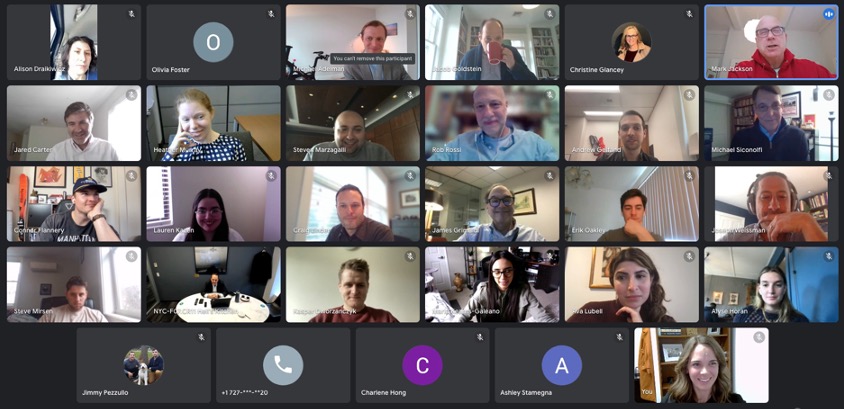NEWFANE, NY – On June 21, 2023, Cornell Law School’s First Amendment Clinic filed a lawsuit in Niagara County Supreme Court on behalf of Tracy Murphy, animal rights activist and founder of Asha’s Farm Sanctuary in Newfane New York. The suit, an Article 78 petition, challenges a gag order Newfane Town Court Justice Bruce Barnes imposed on Murphy restricting her First Amendment rights while she awaits trial on a misdemeanor larceny charge stemming from a dispute over the ownership of two cows.
The gag order imposes a blanket ban on Murphy’s use of any form of social media – which the order defines to “specifically include Facebook and public billboards, etc.” – while the criminal case against her is pending. Murphy’s suit challenges the gag order on several grounds, including that the gag order is an unconstitutional prior restraint of speech in violation of the First Amendment, that the order is unconstitutionally vague and overbroad, and that the order violates New York bail laws.
“The ability to interact with others on social media – whether that be through ‘liking’ posts, commenting, or perusing timelines – is critical to the exercise of First Amendment rights in the modern day,” said First Amendment Clinic Summer Fellow Eman Naga. “By blocking Murphy’s ability to use social media and express her views publicly, the gag order effectively strips Murphy of her voice. It also sets a dangerous precedent for other criminal defendants to be unlawfully silenced, too – regardless of whether they share Ms. Murphy’s views about animal rights.”
“Asha’s Farm Sanctuary is founded on spreading hope and love,” stated Murphy. “The gag order is inhibiting my ability to do just that, as well as my ability to fundraise for the Sanctuary and advocate for myself and the animals I care so deeply about helping.”
“The Supreme Court has made very clear that blanket gag orders like the one Ms. Murphy challenges are unacceptable under the First Amendment,” said Christina Neitzey, Stanton Fellow at the First Amendment Clinic and counsel for Murphy. “Courts cannot pick and choose who gets to enjoy free speech rights based on factors like politics and personal lifestyle differences. For the First Amendment to mean anything, we must all have these rights—vegans and ranchers alike.”
Murphy is represented in this suit by Neitzey, assisted by Clinic Summer Fellows Naga and Karem Lizbeth Herrera. The matter is pending in Niagara County Supreme Court as Murphy v. Barnes, Index No. E180218/2023.
Murphy is represented in the parallel criminal matter by Chris Carraway with the Animal Activist Legal Defense Project at the University of Denver Sturm College of Law, Wayne Hsiung of Direct Action Everywhere, and Bonnie Klapper, former federal prosecutor and current member of the Direct Action Everywhere Legal Team. Murphy’s criminal defense team previously challenged the same gag order before Justice Barnes, as well as an earlier version of the gag order Town of Somerset Justice Pamela Rider imposed at Murphy’s arraignment.
* * *
Contact: Christina Neitzey, cn266@cornell.edu, 607-255-4196
